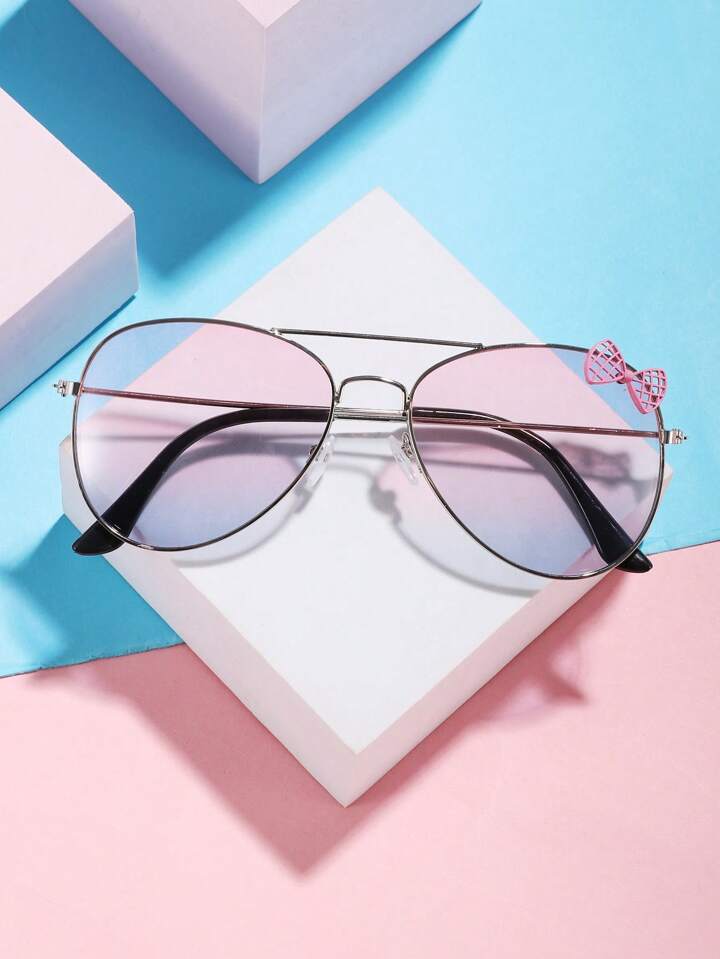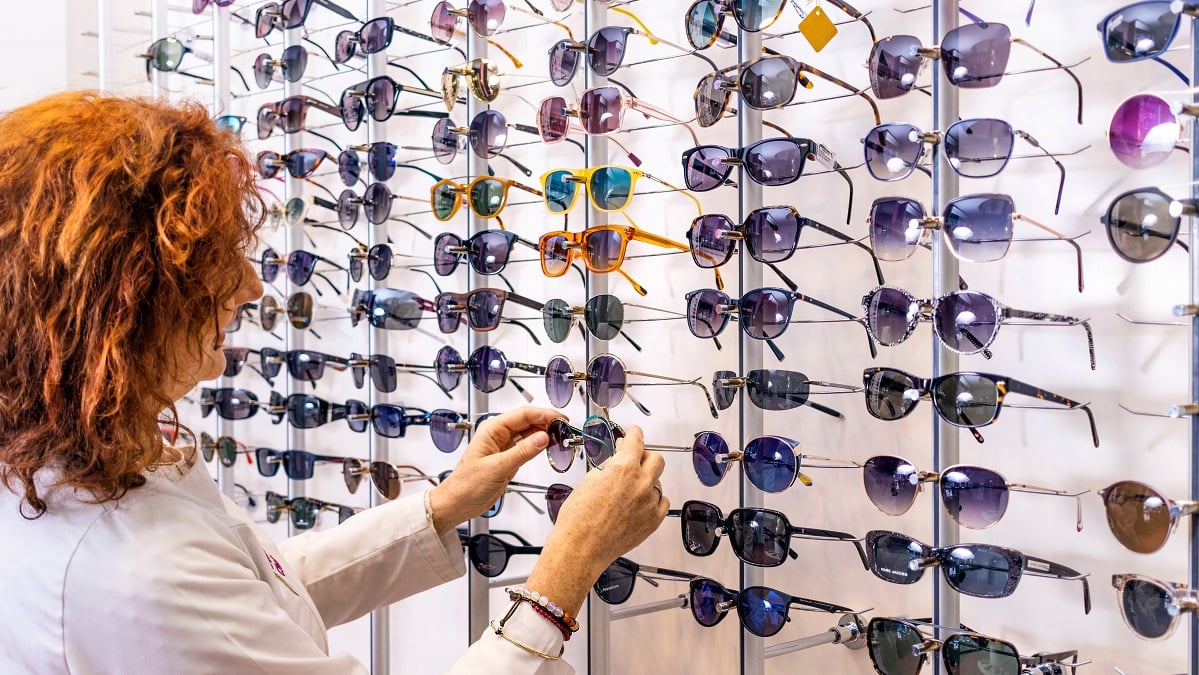A Comprehensive Guide to Choosing the Right Lens Coating for Your Eyewear
When selecting new eyewear, many people focus on the frames and lens prescription, but the lens coatings you choose are equally important. Lens coatings can enhance the performance, durability, and appearance of your glasses. Here’s a comprehensive guide to help you choose the right lens coating for your eyewear needs.
Types of Lens Coatings
1. Anti-Reflective (AR) Coating
Benefits:
- Reduces Glare: AR coating minimizes reflections from the front and back surfaces of your lenses, reducing glare from screens, headlights, and bright lights.
- Improves Vision: By eliminating reflections, AR coating enhances visual clarity, making it easier to see in bright conditions.
- Enhances Appearance: This coating makes your lenses almost invisible, so people can see your eyes more clearly. It’s especially beneficial for those who spend a lot of time in front of a camera or in meetings.
Ideal for:
- People who work on computers or use digital devices frequently
- Nighttime drivers
- Anyone who experiences glare or reflections
2. Scratch-Resistant Coating
Benefits:
- Increases Durability: Scratch-resistant coating makes your lenses more resistant to scratches and abrasions, prolonging their lifespan.
- Maintains Clarity: This coating helps keep your lenses clear and free of minor scratches that can impair vision.
Ideal for:
- Children’s eyewear
- Sports and outdoor activities
- Everyday wear for added lens protection
3. UV Protection Coating
Benefits:
- Blocks Harmful UV Rays: UV coating protects your eyes from harmful ultraviolet rays, reducing the risk of cataracts and other eye conditions.
- Enhances Comfort: By blocking UV rays, this coating reduces eye strain and discomfort caused by prolonged sun exposure.
Ideal for:
- Outdoor enthusiasts
- People who spend a lot of time in the sun
- Those concerned about long-term eye health
4. Blue Light Blocking Coating
Benefits:
- Reduces Blue Light Exposure: This coating filters out blue light from digital screens, reducing eye strain and discomfort.
- Improves Sleep: By reducing blue light exposure, especially in the evening, this coating can help improve sleep patterns.
Ideal for:
- People who spend long hours on computers, tablets, or smartphones
- Individuals prone to digital eye strain
- Anyone looking to improve sleep quality
5. Photochromic Coating (Transition Lenses)
Benefits:
- Adapts to Light Conditions: Photochromic lenses darken in response to sunlight and clear up indoors, providing convenience and protection in varying light conditions.
- UV Protection: These lenses also block UV rays, offering added protection for your eyes.
Ideal for:
- People who move frequently between indoor and outdoor environments
- Those who prefer the convenience of one pair of glasses for all lighting conditions
6. Anti-Fog Coating
Benefits:
- Prevents Fogging: Anti-fog coating prevents your lenses from fogging up due to temperature changes, humidity, or wearing a mask.
- Maintains Clear Vision: This coating ensures that your lenses stay clear in various conditions, enhancing safety and comfort.
Ideal for:
- Athletes and outdoor enthusiasts
- People who wear masks regularly
- Those who work in environments with varying temperatures
How to Choose the Right Coating
1. Consider Your Lifestyle and Needs
Think about how and where you use your glasses most frequently. If you spend a lot of time in front of screens, a blue light blocking coating might be beneficial. For outdoor enthusiasts, UV protection or photochromic lenses could be the best choice.
2. Evaluate Your Environment
Your daily environment plays a significant role in determining the right coating. For instance, if you often move between indoor and outdoor settings, photochromic lenses can provide the versatility you need. In contrast, those in environments with high glare, like driving at night, may benefit most from an anti-reflective coating.
3. Assess Your Budget
Lens coatings can add to the cost of your eyewear, so it’s essential to consider your budget. Prioritize coatings based on your most critical needs. For instance, if you’re on a tight budget but spend a lot of time outdoors, UV protection should be your top priority.
4. Consult with Your Eye Care Professional
Your eye care professional can provide personalized recommendations based on your prescription, lifestyle, and any specific vision concerns. They can help you weigh the benefits of different coatings and decide which are worth the investment for your particular situation.



